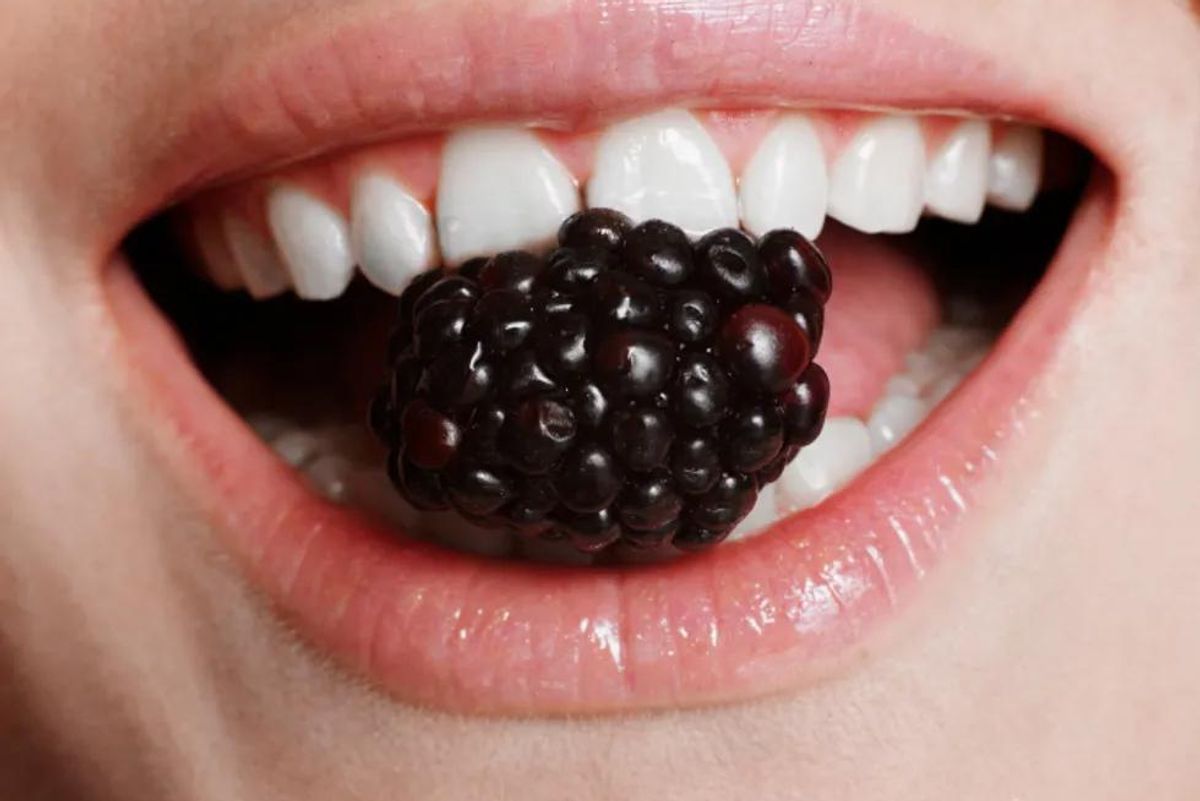
Antioxidants for Better Health
It's not how long we live, but how well we live
Sep 15, 2009
Jul 08, 2024
Nutrition & Movement
Pew Foundation Scholar in Nutrition and Metabolism
Assistant Clinical Professor of Medicine
University of Maryland
Baltimore, MD
Learn about our editorial policies

Aging is not a disease. It is simply the unstoppable passage of time and the effects of time on every cell and tissue in your body. Even if we cured every disease, we'd still only increase average lifespan about 15 years.
The question, then, isn't how long you live; it's how well you live. Along those lines, I have two words for you: oxidation and inflammation. The former is the process by which cellular byproducts called free radicals damage healthy cells, triggering changes that can lead to cancer, heart disease, diabetes, Alzheimer's disease and other chronic conditions. Free radicals have even been implicated in wrinkles! The so-called "free radical theory of aging" holds that as we age, we're more susceptible to such damage and less able to protect ourselves against it.
The latter is the result of the immune response-the heat, swelling and redness you see when you cut yourself, for instance. Such inflammatory responses are great in the short-term for banishing disease-causing pathogens; not so great when they occur chronically.
The two processes are not separate; oxidative stress triggers inflammation, and inflammation leads to oxidative stress. Thus, it's not surprising that the same approach could help quell both: Diet.
Your body protects cells from oxidative stress or damage with the appropriately named "antioxidants"-compounds such as vitamins E, C and A; enzymes such as glutathione and catalase; and polyphenols. Meanwhile, anti-inflammatory compounds in food-many of which also have strong antioxidant components-can help quell damaging inflammation.
You could address both simply by eating less. Numerous studies find that calorie restriction increases longevity and reduces age-related damage from oxidative stress and inflammation, likely because fewer calories slows metabolism, reducing cellular energy production and thus limiting production of free radicals. But few of us are interested in slicing calories by 40 percent for a one-third increase in lifespan.
Instead, how about increasing your calorie consumption-of fruits and vegetables? They provide our greatest dietary source of antioxidants and anti-inflammatories, with hundreds of studies attesting to their ability to reduce age-related diseases. For instance, antioxidants are behind the numerous reports you've been reading about resveratrol, a compound found in grapes and wine. Studies in mice find that large doses of this antioxidant mimic cellular changes induced by restricting calories. It improves insulin sensitivity, cardiovascular function, bone density and motor coordination. Whether as a result of the resveratrol or the reduced risk of disease, the mice also live longer.
No, I am not suggesting you begin quaffing huge quantities of wine. I am, instead, suggesting that you boost your intake of fruits and vegetables so you can improve your body's ability to fend off those aging free radicals and soothe inflammation. Admit it: You're lucky if you get one or two servings a day, rather than the five to nine the federal government-and I-recommend. The benefits could be tremendous, with studies finding that increasing consumption of such foods can reduce the risk of developing Alzheimer's and Parkinson's disease, among other age-related conditions.
Also, replace butter and vegetable oil-high in saturated fat, which contributes to inflammation-with the anti-inflammatory benefits of olive oil. And add a couple of servings of oily fish like salmon and tuna to your diet each week. Not only will they provide vitamin D, but they're the best dietary source of anti-inflammatory omega-3 fatty acids.
Make these small changes in your diet and I guarantee you will find bigger changes in your waistline and overall health.